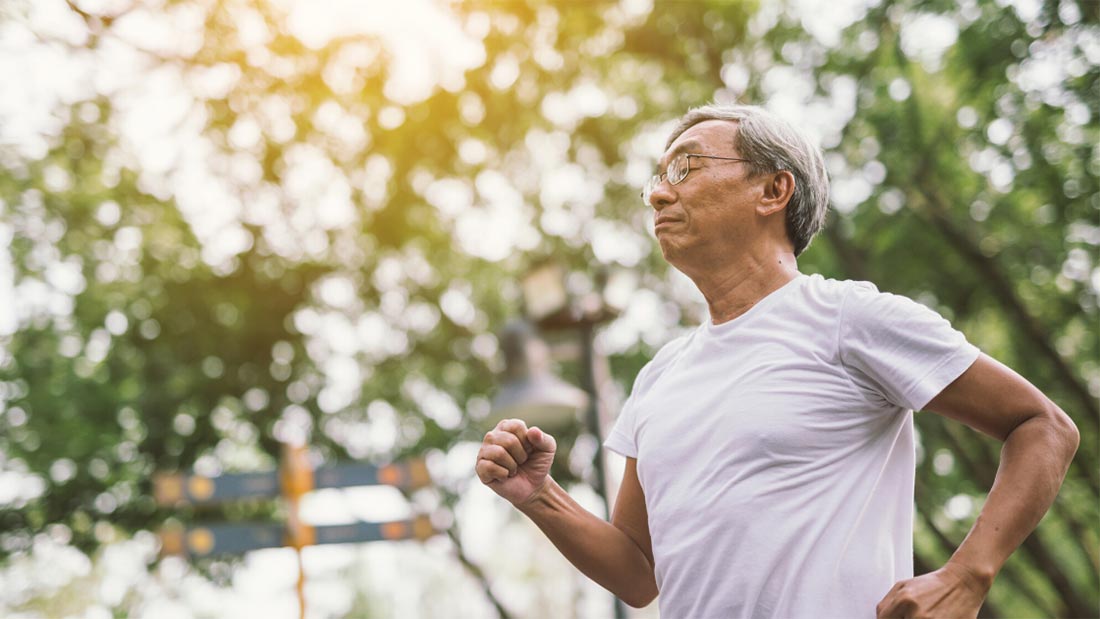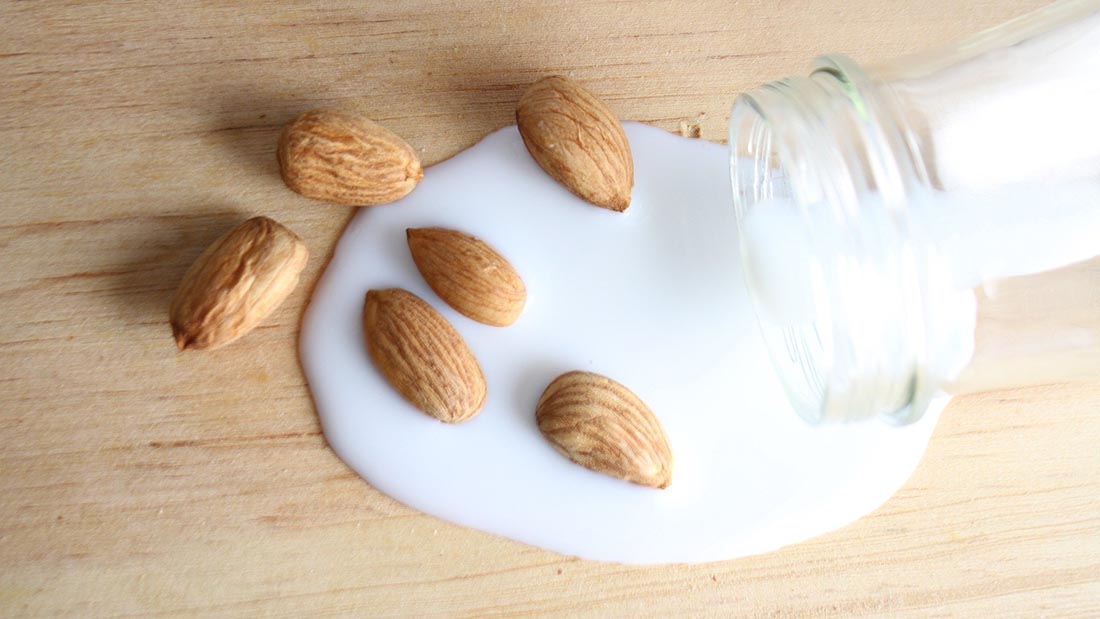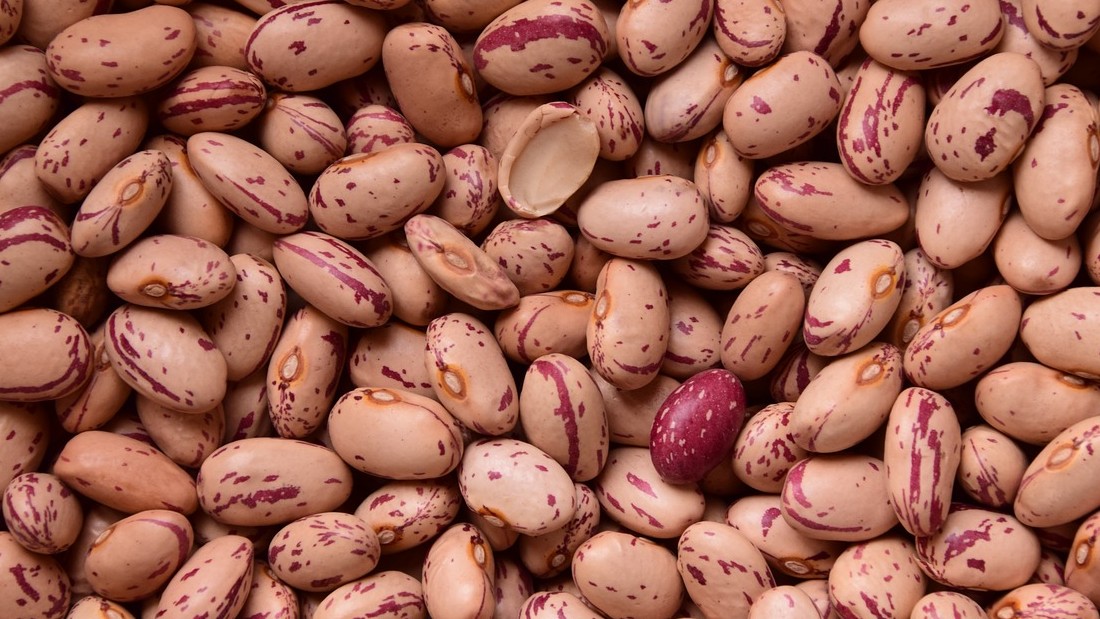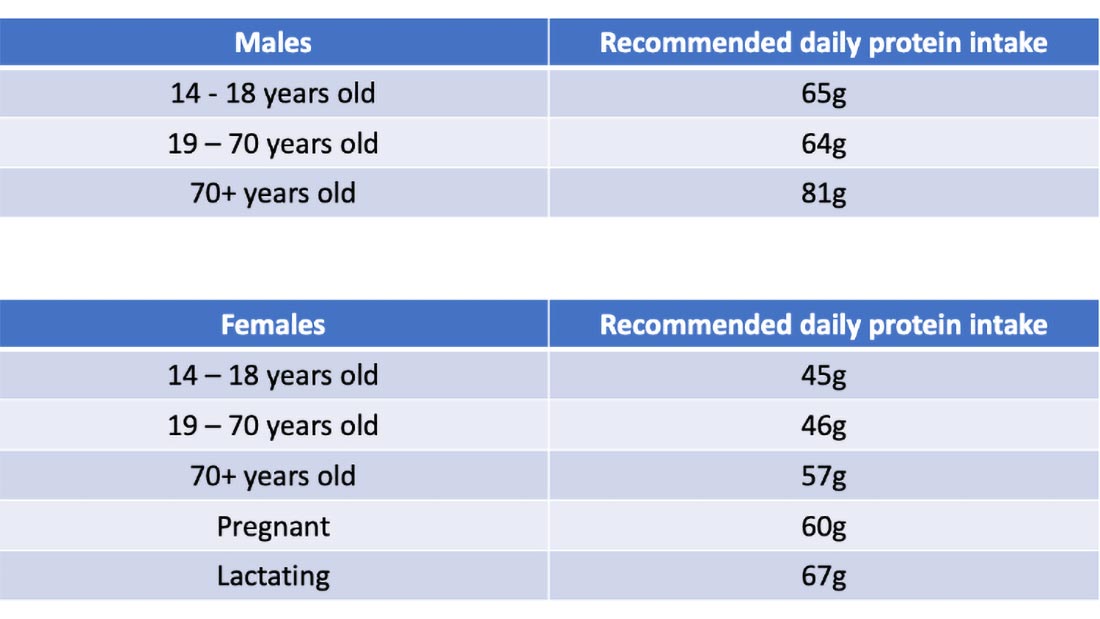Is it safe to become vegan in old age?

Have you ever thought about transitioning to a vegan diet? Well you wouldn’t be alone! More than 600,000 people in the UK have made the change according to The Vegan Society survey which shows that 1 in 100 Brits are now vegan and not eating animal-sourced products.
These statistics reveal an incredible increase in veganism, which might make you think, “why should I go vegan, what’s in it for me?” and “will my age be impacted by this change of diet?”.
Consuming a plant-based diet which is made up of a wide range of vegetables, grains, fruits, legumes, nuts and seeds to gain access to the right nutrition has a beneficial impact on one’s overall health. This includes lowering blood pressure, lower cholesterol and diabetes to just name a few.
Following a vegan diet benefit your health at any age in several ways. Here are some things to look at and keep an eye out for before you transition to a vegan diet.
Health Benefits of a Vegan Diet
Vegan diets are seen as healthier than an animal-sourced diet. This is because with a plant-based diet, you are consuming foods which are filled with vitamins, and protein. It’s a diet that is higher in fibre and lower in cholesterol than the omnivore diet.
Consuming a vegan diet has great benefits for your overall health through the intake of eating high amounts of fresh and colourful plant-based foods. These foods provide antioxidants which are molecules that assist in breaking down the compounds in your body related to illnesses such as cancer and heart disease. Antioxidants are mainly found in vegetables such as carrots and broccoli as well as fruits like berries and apricots.
Along with antioxidants, a plant based diet is high in fibre. Fibre allows for your digestive system to stay healthy and prevents constipation by clearing your digestive tract. High fibre food includes wholegrains, oats and beans along with fruits like pears, berries and oranges.
In addition to these great benefits, studies show that consuming a vegan diet can actually reduce the risk of cardiovascular disease and reduce the risk of different types of cancer by 18%. By following a no-meat diet, you may also be minimising your chances of metabolic syndrome, such as obesity and type 2 diabetes.
By now, you can probably see just how beneficial consuming a vegan diet really is towards your overall health. Becoming vegan will not only just help you live a life filled with eating delicious plant-based foods and lower your risk of several health problems, but also help the environment by reducing pollution while saving animals’ lives too.
Things to look out for
Even though there are lots of health benefits to going vegan, it is still important to acknowledge that the plant-based diet does come with some health risks if not done mindfully. However, with a little planning and research, these can be easily avoided.
Here are some common nutrients it’s important to ensure you are getting enough of when transitioning to a vegan diet:
Calcium

Calcium is a very crucial nutrient which helps several parts of your body to function properly, such as building your bone health, heart health, regulating blood pressure and even nerve transmission. Plants that contain calcium include:
- Soy
- Beans
- Peas
- Almonds and Hazelnuts
Vitamin B12
Vitamin B12 is mainly found within animal-based products, so it’s important to eat fortified foods or take a supplement on a vega diet. Vitamin B12 is essential for everyone’s dietary choices. It is a nutrient that can help increase your body’s energy levels, protect the nervous system, create red blood cells and decrease the risk of anaemia and other issues to the nervous system. Vitamin B12 supplements are incredibly useful for vegans as B12 is not commonly found within the plant-based diet other than in vegan fortified foods.
Fortified B12 foods include:
- Fortified non-dairy milks
- Nutritional yeasts
- Fortified cereals
Omega 3
Omega 3 fatty acids are another essential nutrients for any diet. Omega 3 helps reduce the risk of heart disease and a stroke as well as lower blood pressure. Omega 3 is mainly found in fish, which they create from eating algae.
Omega 3 fatty acids, which is made up of essential fats that come from fish like Eicosapentaenoic acid (EPA), docosahexaenoic acid (DHA) as well as Alpha-linolenic acid (ALA) can be found in flaxseeds and walnuts.
Since fish are not plant-based, how do you get omega 3 on a vegan diet? You can take omega 3 supplements, which are derived from algae oil. Cutting out the middle man and going direct to the source of Omega 3 is a great way to stay healthy on a vegan diet.
Protein

Everybody needs protein. Protein is used to build muscles and repair tissue from working out and exercise, strengthen bones, create hormones, and give the body nutrients for a healthy and balanced diet. Protein can be found in a lot of plant-based foods.
High protein plant-based foods include:
- Beans and chickpeas
- Lentils and quinoa
- Tofu
- Spinach
- Nuts and seeds
Protein is especially important if you are looking to become a vegan bodybuilder and need to bulk up. Protein is also vital for your body. A vegan protein powder along with other vegan bodybuilding supplements can help in this regard.
It is also important to keep in mind that veggies and fruit tend to be lower in calories so you may need to increase your food portions to give your body the fuel and energy it needs.
Check out this table below to see how much protein you need on a daily basis according to your age:

Starting your transition to become a vegan in old age
Becoming a vegan at any age has a really big impact on your lifestyle and health. It typically is for the better, but older people should keep in mind the additional protein they need in their diet when making this transition. Due to the weaker muscle and bone density, older adults diet’s should contain more protein, vitamins and fibre. This should be kept in mind when making the transition. However, all of these can be found abundantly in a vegan diet, especially when supplemented!
It is possible to become a vegan in old age as long as the consumption of larger protein quantities is being done. Also, by making sure you get the approval from your doctor beforehand is very important as well as they can direct you towards dietitians who can help you plan your new vegan lifestyle.
The trick to making sure you are getting the right amount of plant-based protein is to include it in your meals by adding protein powder to your favourite smoothies or incorporating more beans and lentils into soups, curry sauce and salads. This will improve your calorie count, nutritional intake and up your protein game. Now, you might not be needing the same vegan bodybuilding supplements as the vegan bodybuilders do, but making sure you are supplementing for the right vegan nutrients is key too.
Switching to a vegan diet is safe and healthy at any age but to help you get into eating plant-based foods, make sure you do your research and plan out your meals for the first few weeks. This will help you ensure you’re getting all your nutrients and staying healthy as you make the change.




